Unveiling the Value of Your Treasures: A Comprehensive Guide to Jewelry Valuation
Related Articles: Unveiling the Value of Your Treasures: A Comprehensive Guide to Jewelry Valuation
Introduction
With enthusiasm, let’s navigate through the intriguing topic related to Unveiling the Value of Your Treasures: A Comprehensive Guide to Jewelry Valuation. Let’s weave interesting information and offer fresh perspectives to the readers.
Table of Content
Unveiling the Value of Your Treasures: A Comprehensive Guide to Jewelry Valuation
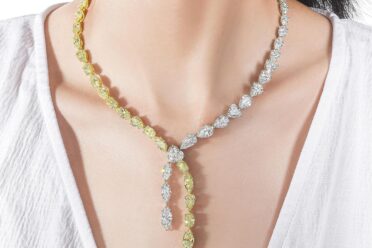
Jewelry holds sentimental and monetary value, often representing cherished memories and significant investments. Understanding its true worth can be crucial for various reasons, from insurance purposes to estate planning, or simply for satisfying curiosity. However, navigating the world of jewelry valuation can seem daunting, particularly when seeking a reliable and accurate assessment.
This comprehensive guide aims to demystify the process of jewelry valuation, equipping you with the knowledge to make informed decisions regarding your precious possessions.
What is Jewelry Valuation?
Jewelry valuation is the process of determining the fair market value of a piece of jewelry, taking into account various factors such as its material, craftsmanship, condition, and market demand. This valuation is typically conducted by a qualified professional, often a gemologist or appraiser, who possesses the expertise to assess the intricate details of each piece.
The Importance of Professional Jewelry Valuation
While online tools and calculators offer a glimpse into potential value, they often lack the depth and precision of a professional evaluation. Here are some key reasons why seeking professional jewelry valuation is crucial:
- Insurance Purposes: Accurate valuation ensures adequate insurance coverage, protecting you from financial loss in the event of theft, damage, or loss.
- Estate Planning: A professional appraisal provides a reliable basis for estate planning and inheritance, ensuring fair distribution of assets among beneficiaries.
- Selling or Trading: Knowing the true value of your jewelry empowers you to negotiate favorable prices when selling or trading your pieces.
- Tax Purposes: Jewelry appraisals are often required for tax purposes, particularly when donating jewelry to charities or claiming deductions for losses.
- Peace of Mind: A professional valuation provides peace of mind, confirming the authenticity and worth of your treasured possessions.
Factors Influencing Jewelry Valuation
Several factors contribute to the final value assigned to a piece of jewelry. Understanding these factors will help you appreciate the complexities involved in the valuation process:
- Gemstones: The type, size, color, clarity, and cut of gemstones significantly impact their value. Precious gemstones, like diamonds, emeralds, rubies, and sapphires, are generally more valuable than semi-precious stones.
- Metals: The type and purity of metals used in jewelry influence its value. Precious metals like gold, platinum, and silver are more valuable than base metals. The karatage (purity) of gold also plays a crucial role.
- Craftsmanship: The design, craftsmanship, and artistry involved in creating a piece of jewelry affect its value. Unique and intricate designs, intricate settings, and skilled craftsmanship often command higher prices.
- Condition: The condition of the jewelry, including wear and tear, damage, and repairs, significantly impacts its value. A piece in excellent condition will generally command a higher price than one with visible flaws or signs of wear.
- Market Demand: The current market demand for specific types of jewelry and gemstones can influence their value. Popular styles and rare gemstones often fetch higher prices.
- Historical Significance: Jewelry with historical significance or association with notable figures can command premium prices.
Types of Jewelry Valuation Services
Depending on your needs, different types of jewelry valuation services are available:
- Formal Appraisals: These are comprehensive evaluations conducted by certified gemologists or appraisers, often involving detailed reports and documentation. Formal appraisals are typically required for insurance purposes, estate planning, and tax purposes.
- Informal Assessments: Less formal evaluations can provide a general idea of the value of your jewelry. These assessments are often conducted by reputable jewelers or pawnbrokers and may be suitable for casual purposes like selling or trading.
- Online Valuation Tools: While convenient, online tools should be used with caution. They often provide estimations based on limited information and may not accurately reflect the true value of your jewelry.
Finding a Reputable Jewelry Valuer Near You
Choosing a reputable jewelry valuer is crucial for ensuring accurate and reliable assessments. Here are some tips for finding a qualified professional near you:
- Seek Recommendations: Ask friends, family, or trusted jewelers for recommendations.
- Check Credentials: Ensure the valuer is certified by reputable organizations like the American Society of Appraisers (ASA) or the Gemological Institute of America (GIA).
- Verify Experience: Look for valuers with extensive experience in evaluating jewelry, particularly specializing in the types of pieces you own.
- Request References: Ask for references from previous clients to gauge the valuer’s professionalism and accuracy.
- Compare Fees: Get quotes from several valuers to compare their fees and services.
FAQs about Jewelry Valuation
1. How often should I have my jewelry appraised?
It’s generally recommended to have your jewelry appraised every three to five years, especially if you have significant pieces or if your insurance policy requires regular appraisals.
2. What documents do I need to provide for a jewelry appraisal?
You should bring any documentation you have about your jewelry, such as purchase receipts, certificates of authenticity, or previous appraisals.
3. How much does a jewelry appraisal cost?
Appraisal fees vary depending on the valuer’s expertise, the complexity of the jewelry, and the type of appraisal required.
4. Can I get my jewelry appraised online?
While online tools can provide estimates, they are not a substitute for a professional appraisal.
5. What happens if my jewelry is damaged or lost?
Having a professional appraisal can help you receive fair compensation from your insurance provider in the event of damage or loss.
Tips for Protecting Your Jewelry
- Regular Cleaning and Maintenance: Keep your jewelry clean and well-maintained to preserve its condition and value.
- Proper Storage: Store your jewelry in a safe and secure location, using individual compartments or pouches to prevent scratching or tangling.
- Insurance Coverage: Ensure adequate insurance coverage for your jewelry, particularly for valuable pieces.
- Avoid Extreme Temperatures: Protect your jewelry from extreme temperatures and humidity, as these can damage gemstones and metals.
- Seek Professional Repairs: If your jewelry requires repairs, always seek a reputable jeweler with experience in handling delicate pieces.
Conclusion
Jewelry valuation is a vital process for ensuring the protection and accurate assessment of your treasured possessions. By understanding the factors influencing value, choosing a reputable valuer, and taking steps to protect your jewelry, you can confidently navigate the world of jewelry valuation and appreciate the true worth of your precious pieces.
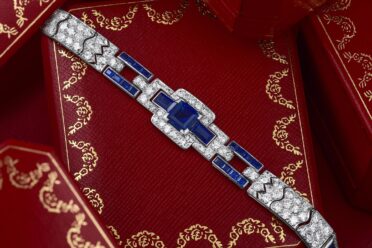
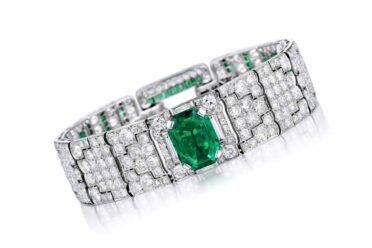
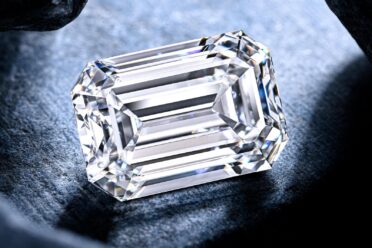
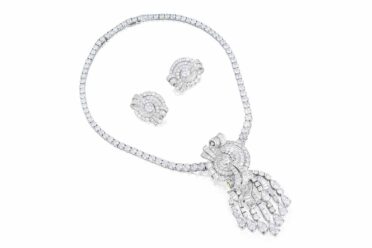
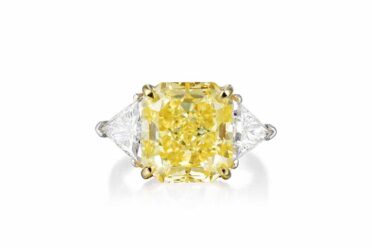
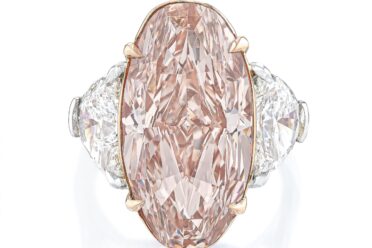


Closure
Thus, we hope this article has provided valuable insights into Unveiling the Value of Your Treasures: A Comprehensive Guide to Jewelry Valuation. We hope you find this article informative and beneficial. See you in our next article!
